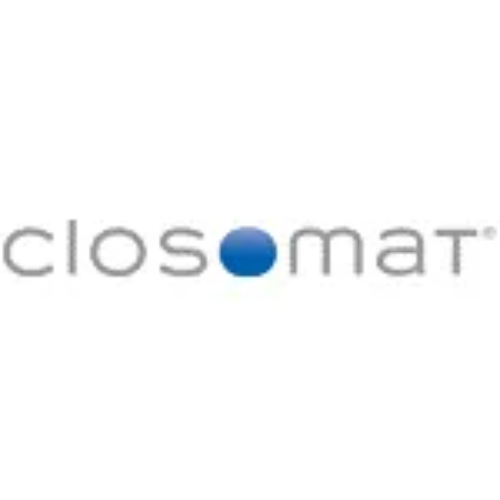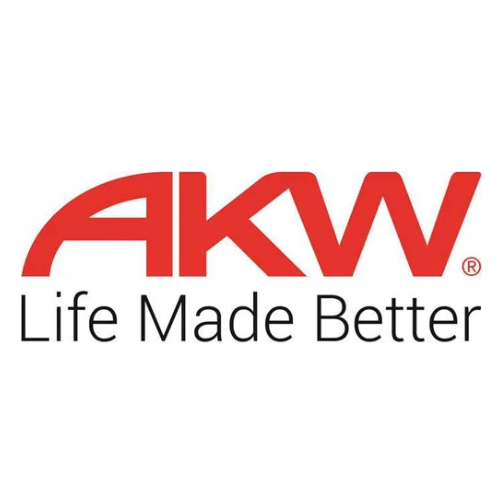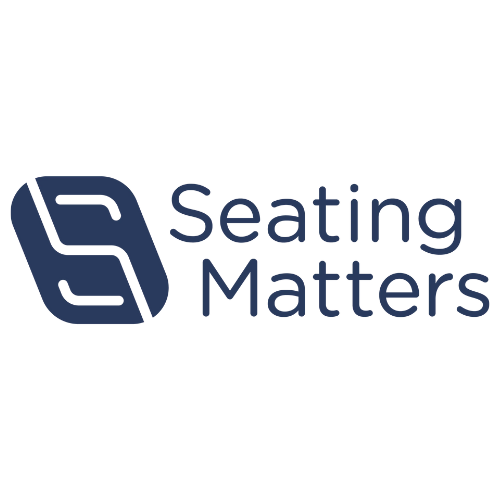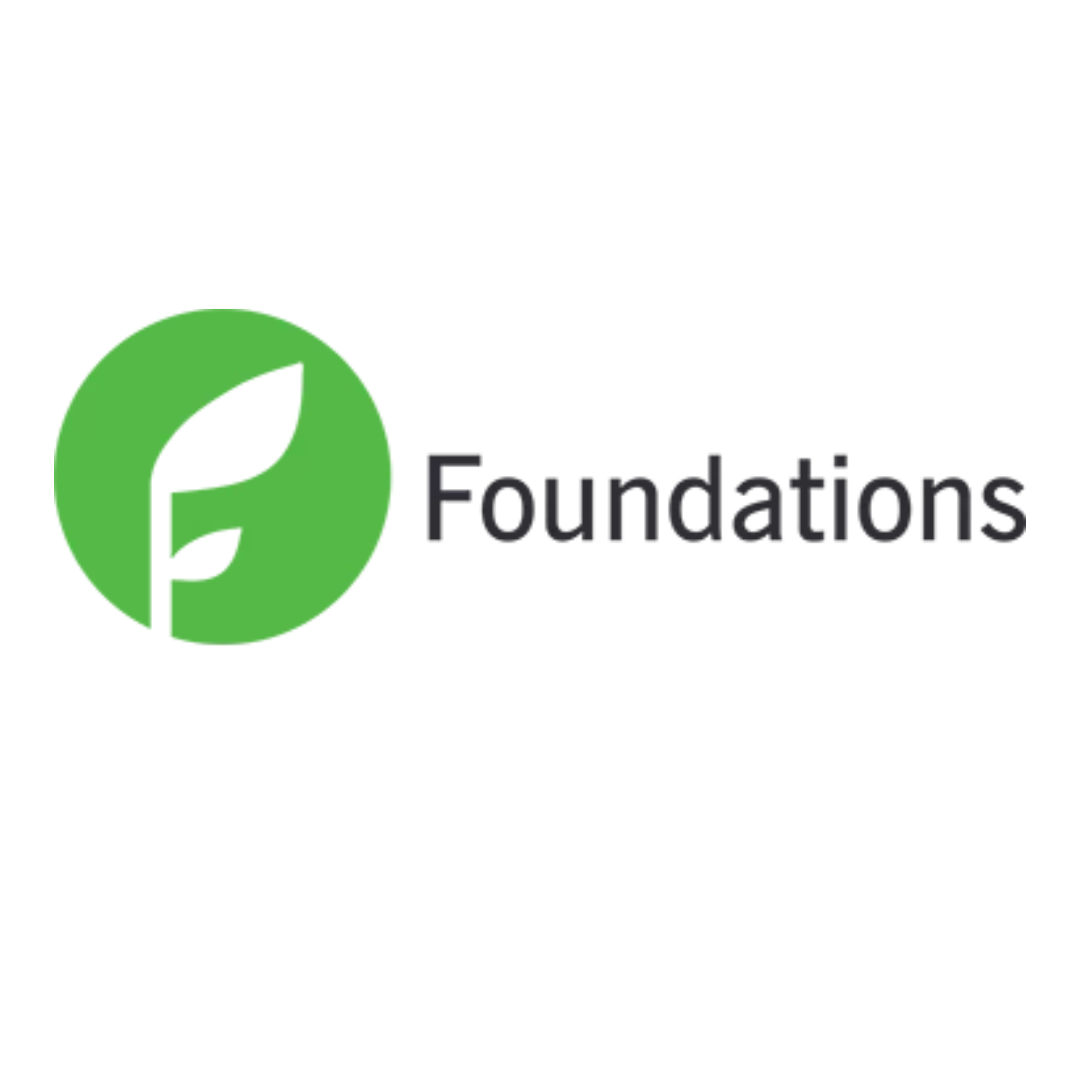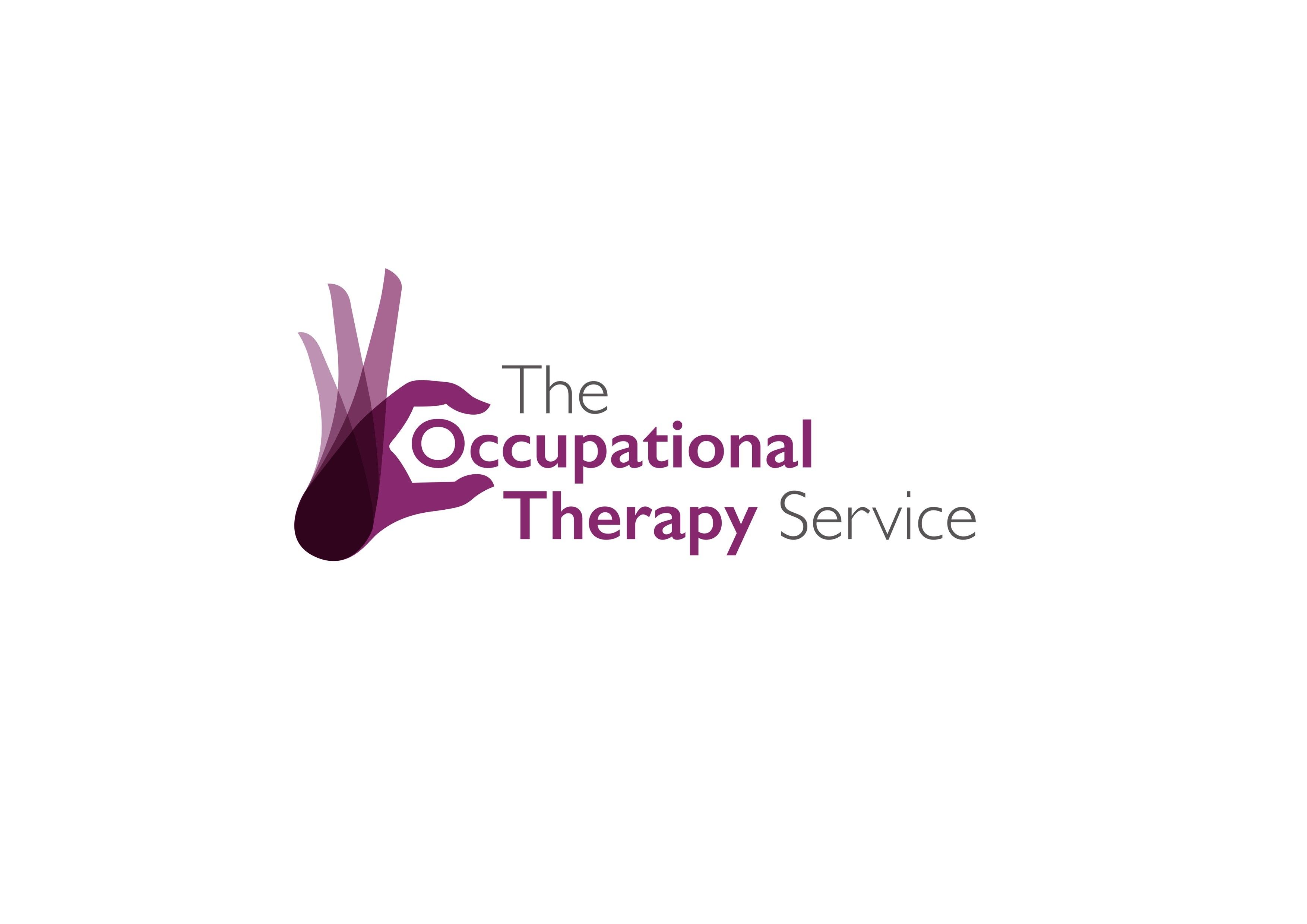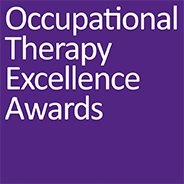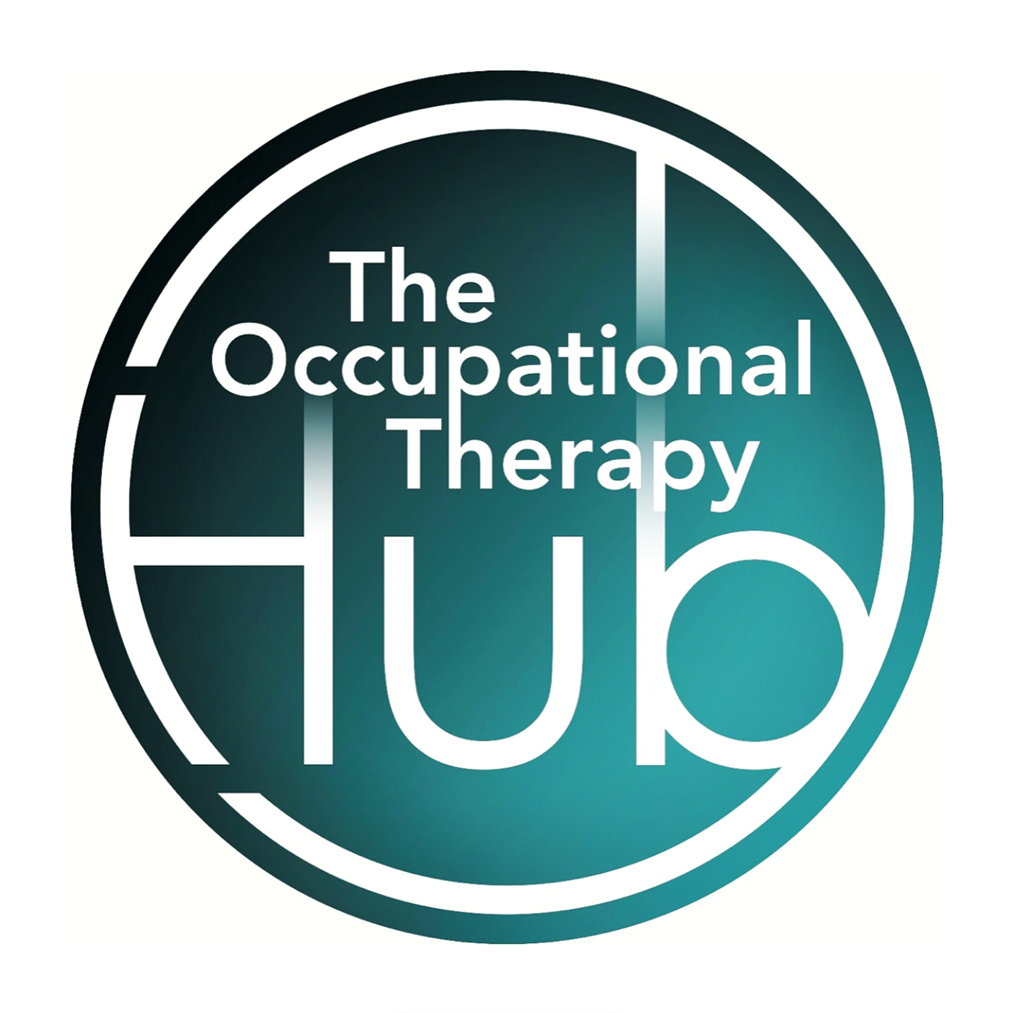The neuroscience of co-regulation and self-regulation: applying a neuro-affirmative lens to occupational therapy practice
26 Nov 2025
Keynote Theatre
This workshop explores the neuroscience of self-regulation, to inform effective, evidence-based practice across diverse settings. Self-regulation is a multifaceted construct, shaped by personal and contexual factors, involving dynamic interactions between cognitive, emotional, sensory, and behavioural processes, in response to environmental demands.
Strong self-regulation skills are linked to academic success, mental health, and social participation. Occupational therapists are uniquely positioned to support self-regulation through neuro-affirmative, occupation-based approaches that consider the person-environment-occupation fit. For neurodivergent children, collaborative interventions with caregivers are essential, enabling co-regulation and multi-therapeutic strategies such as coaching.
- Explore the neuroscience that supports self-regulation skill development
- Identify why an individualised approach that addresses the person-environment–occupation fit and embeds connection and relationships is essential to support the development of self-regulation skills.
- Explore the evidence for movement-oriented and cognitive approaches to self-regulation for neurodivergent children and adolescents.





